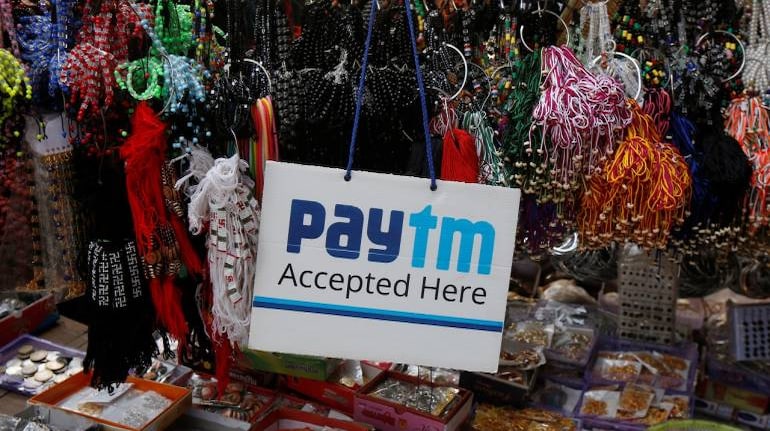



The Reserve Bank of India (RBI) in April issued a directive to digital payment firms to store data locally for “unfettered supervisory access”. The move would have hit the US-based firms such as Visa, American Express, and Mastercard. They argued it would cost them millions of dollars to reconfigure technology hubs and relocate servers, and actually be counterproductive to fraud detection.
However, American payment firms have received a temporary reprieve. India’s central bank is considering diluting data storage norms for payment firms. Domestic technology firm Paytm has not taken well to rivals’ lobbying, according to a report by Reuters.
The rule in its original form handed an advantage to Paytm. One97 Communications, the parent firm of Paytm, stores all its data on servers located in India. The firm, which has now diversified into the e-commerce space is backed by China’s Alibaba and Japan’s SoftBank.
Paytm reportedly sparred with executives from foreign firms at a meeting between industry representatives and the economic affairs secretary SC Garg. It argued storing personal data locally would be to the advantage of the country. Livemint reported Garg was not convinced about Paytm endorsing the RBI directive.
A report by the Boston Consulting Group and Google says India’s digital payments market is likely to grow tenfold to $500 billion by 2020. The present standoff is an indicator of the intense competition prevailing in a saturated market.
Paytm has capitalised on its local advantage by partnering with vendors and merchants across the country to accept money for purchases using its mobile wallet app. Previously, the digital payments market was restricted to card payments, consolidating the dominance of firms like Visa and Mastercard.
Compelling foreign firms to relocate their servers would offer Paytm an opportunity to steal a march on rivals as they will be more focused on compliance, rather than growth, in the short term.
The digital payments ecosystem in the country got a boost in the past year after Prime Minister Narendra Modi demonetised high-value currency notes, leading to a cash crunch in the economy. Indians cumulatively possess 964 million credit and debit cards today. The total value of transactions touched $52 billion in May 2018, almost double the amount clocked in November 2016.
Other technology companies have been testing the waters. Google launched Tez last year, while Facebook is testing an interbank money transfer feature on its WhatsApp messenger app.
Following the RBI’s directive in April, foreign payments firms have curried favour with the government. In June, the Finance Ministry recommended relaxing certain provisions of the central bank’s April directive.
The Payments Council of India (PCI) is a divided house. Many members, including foreign firms operating in India, have raised objections to the rule. Paytm is holding on to an unpopular opinion. It holds that the RBI’s mandate to uphold data privacy is paramount and that other payments firms should stick to the central bank’s timeframe of six months to become compliant with the new rules.
PCI later submitted a written response to the RBI saying its members were divided on the issue of data storage. This represents a shift from its earlier reaction that most members had concerns regarding a change in the rules.
Discover the latest Business News, Sensex, and Nifty updates. Obtain Personal Finance insights, tax queries, and expert opinions on Moneycontrol or download the Moneycontrol App to stay updated!
Find the best of Al News in one place, specially curated for you every weekend.
Stay on top of the latest tech trends and biggest startup news.